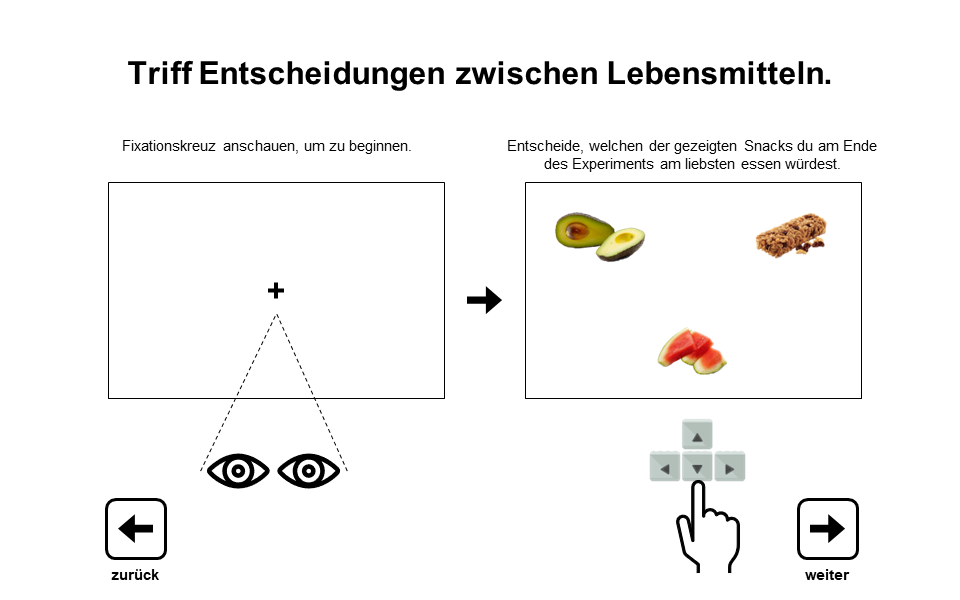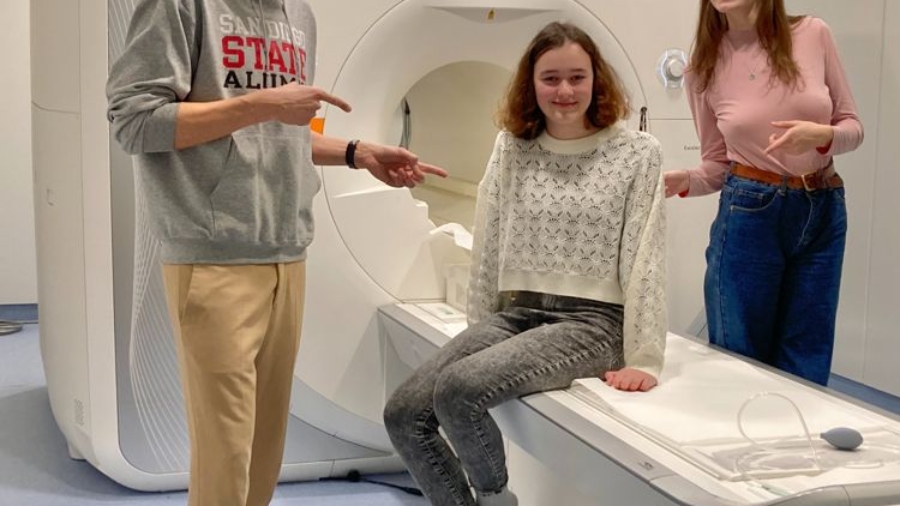Researchers of the EU-funded DIGYMATEX Project, led by Prof. Peter Mohr and Dr. Tim Schulz van Endert of the Freie Universität Berlin, are preparing to publish the results of a study based on three experiments examining the connection between digital maturity and decision-making competencies.
The goal of the research was to link digital maturity to:
- Delayed gratification
- Gaze bias
- Reward-learning mechanisms
The experiments, which included the participation of more than 90 children between the ages of 9 and 17, sought to determine if digital maturity is linked to intertemporal choices involving delayed gratification, through tracking the children’s brain activity and gaze bias while making relevant decisions.
The three experiments within the study used three separate methods and focused on three different choices made by the children. The participating children were recruited from the group of 300 children who had participated in a previous DIGYMATEX study, in order to be able to link the results of both experiments, and thereby shedding light on how delayed gratification and digital maturity interact.

In an experiment using fMRI (functional magnetic resonance imaging), children repeatedly chose between receiving a smaller number of snacks sooner or a larger amount later, while their brain activity was being recorded.
In the second experiment, using eye tracking, the children repeatedly selected their favourite snack out of three snacks displayed on a screen, while their eye movements were recorded. Both healthy and unhealthy snacks were offered on the screen and were actually given to the children based on their choices. The choices made by the children – and the resulting rewards – were therefore real, not merely hypothetical.
In the third experiment, a behavioural study based on a simple decision-making task based on probabilities, children tried to collect a maximum amount of monetary reward (in eurocents). The children actually received a portion of the rewards earned.
The study, which took place in January-March 2023, also involved reinforcement learning mechanisms.
The results of the experiment will be included within the internal report concluding DIGYMATEX’s current work package this summer. More comprehensive examination of the results including additional variables will be published in academic journals in the future.
All three experiments in the study were conducted at the Centre for Cognitive Neuroscience (CCNB) at the Freie Universität Berlin. Participating children were recruited through the Max Planck Institute for Human Development in Berlin.

